Post Performance Report: Healthcare organizations harnessing social media
We’re back with another installment of the Post Performance Report (PPR)—a series where we compile and analyze social media posts and campaigns inspiring us, Read more... The post Post Performance Report: Healthcare organizations harnessing social media appeared first on Sprout Social.
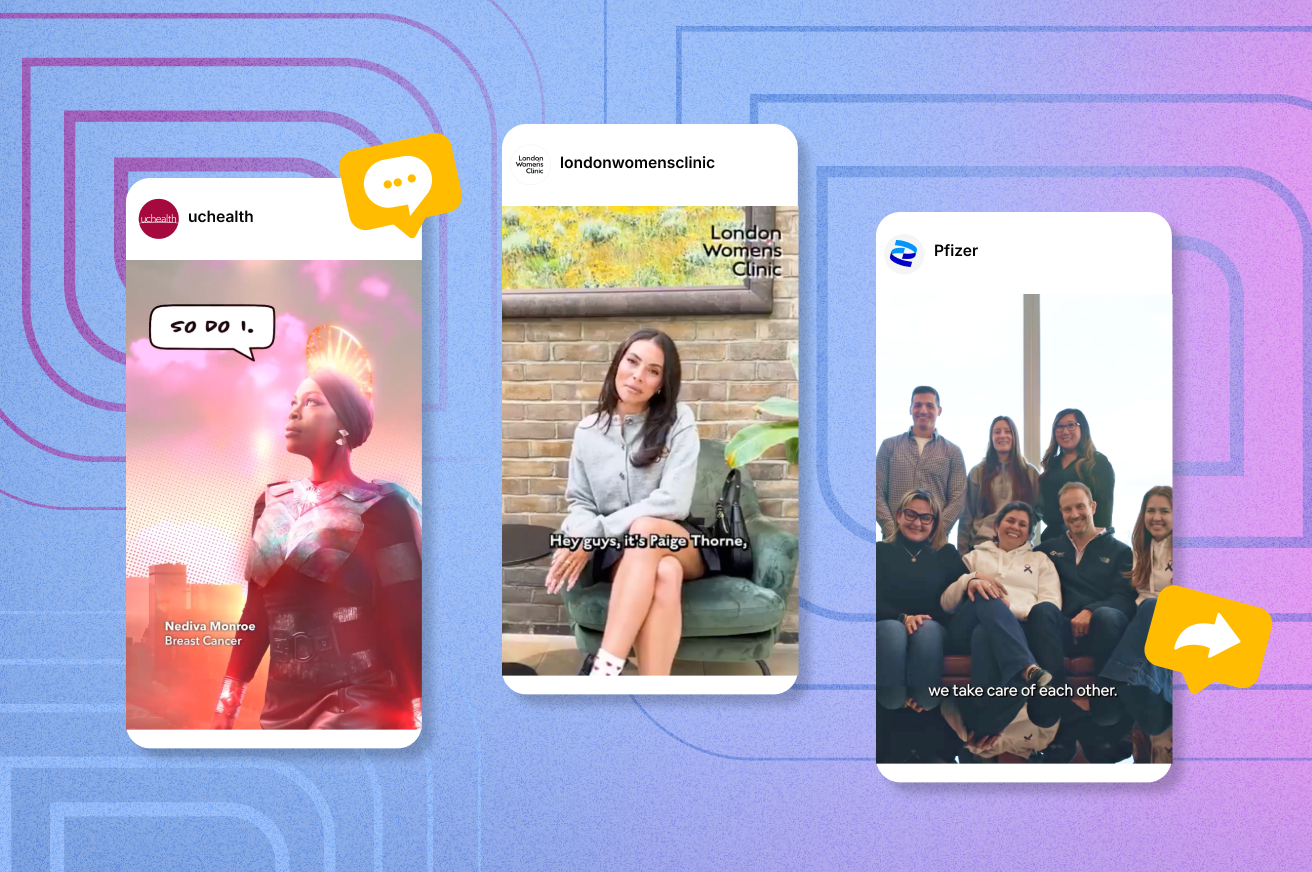
We’re back with another installment of the Post Performance Report (PPR)—a series where we compile and analyze social media posts and campaigns inspiring us, and break down what makes them so genius. We don’t just examine the flawless creative execution of every post or campaign, but the impact on patients and the industry, too.
This time, we’re spotlighting healthcare organizations who are paving the way for brands in regulated industries. Like in many regulated sectors, conversations about medical conditions and healthcare brands are rampant with misinformation. Even though many social users turn to platforms like Instagram, TikTok or Reddit for health advice, influencers are the most trusted voices on social—not brands.
Let’s dive into our lineup of brands breaking through the noise and combatting misinformation, while providing value and building trust with their patients and community.
UCHealth: Influencer content is just what the doctor ordered
As the #1 hospital system in Colorado, UCHealth goes above and beyond to empower their patients to live extraordinarily. As they put it on their website, the hospital believes healthcare should extend to nutrition, health education and traditional medical care.
The hospital follows this same ethos on social, and develops original influencer content to help fulfill their mission. In their creator partnerships, they educate their audience about unexpected stress-relieving techniques like cuddling cows (yes, you read that right). They also use creator content to highlight the best hikes in Colorado and promote community health events.
UCHealth’s influencer roster includes players on the Colorado Avalanche hockey team (the hospital is the team’s official sponsor). They developed a series called Avs Family Values which features hockey players and their families in lifestyle and personality-driven content.
Creators and athletes aren’t the only ambassadors for the brand—they also turn to their patients. In a sweet nod to the resilience and strength of patients battling cancer, UCHealth transforms them into true comic book superheroes on social.
The play: Trust in influencers is holding steady and growing in some pockets. The Influencer Marketing Report found that nearly half of all consumers trust influencers as much as they did a year ago, while close to 30% trust them more. Gen Z and Millennials trust influencers even more than older generations, and some research suggests they trust them more than doctors.
Rather than fight the shift, take a cue from UCHealth. The key is finding influencers who align with your values, feel relevant to your community and don’t pose a risk to your reputation.
London Women’s Clinic: Removing the shame from fertility care
Established in 1985, the London Women’s Clinic has provided comprehensive fertility treatments for 40 years. Many of their doctors and researchers even pioneered the advancements that define the specialty today.
On social, the clinic educates their audience about reproductive healthcare topics like endometriosis and starting a family as a LGBTQ+ couple. Conversations like these are often shrouded in shame, but through places like online community forums and social media, they’re coming to the forefront. London Women’s Clinic demonstrates they listen to and understand their audience by orienting their content strategy around these trending topics, and making them easier to talk about.
London Women’s Clinic also tackles the taboo and confusion that accompanies receiving fertility treatment by taking their audience on facility tours. In these behind-the-scenes tours, their team explains how to schedule appointments, what their offices look like and how certain treatments work. The clinic recently partnered with influencer Paige Thorne who described her own experience at one of their facilities.
The play: Experiencing shame in the healthcare environment is a top barrier to seeking out or receiving care. Which is why many patients turn to social media networks for health advice instead of seeing a physician. Over 70% of Gen Z and Millennial Americans didn’t receive an annual physical exam in 2024, and another 52% of all Americans admitted turning to social for health advice. Specifically, conversations about women’s health topics grew 37% between 2023 and 2024 on Reddit.
For many patients, the first time they interact with your brand might be on social. By following the lead of the London Women’s Clinic, you can take shame out of the equation and make a great first impression that leads to a patient finally getting care.
Pfizer: Patient stories show the realities of life-saving pharmaceuticals
Pfizer is one of the world’s leading biopharmaceutical companies, and became more well known for the development of the COVID-19 vaccine. With the production of the vaccine came a tidal wave of misinformation. Even today, the company is still trying to reassure consumers of the safety and live-saving care provided by vaccines and other medical breakthroughs.
Pfizer does this on social media by telling real patient stories, humanizing both their brand and the people they serve. Typically when we hear statistics about illness, the focus is on the numbers. But through Pfizer’s content, we see how real people are impacted by diseases like cancer.
In these videos, Pfizer takes a documentary-style approach to storytelling. They also incorporate social-first elements, like a 4:5 aspect ratio and lo-fi patient-generated videos and photos. The blend of these two styles is why this specific content series stands out and performs so well.
In another recent video, Pfizer partnered with Sunny Anderson, the chef, Food Network personality and creator—which dramatically improved their reach. Though the style of this video was higher fidelity and included a disclaimer, it still performed well because it illustrated Anderson’s true experience with the disease.
The play: In the era of HealthTok, wellness influencers and fear mongering, it can be hard for pharmaceutical companies like Pfizer to establish trust. While it might seem best to call out misinformed creators or harp on the spread of misinformation, that could only further divide and alienate audiences. By focusing on real people’s stories—specifically surrounding the life-changing impacts of their diseases and life-saving treatments—they help everyone move forward with more compassion and faith in science-backed solutions.
Moffitt Cancer Center: Serving up social-first nutrition
Moffitt Cancer Center is a treatment and research center that specializes in outpatient care. Specifically, their Nutrition Therapy department provides comprehensive nutrition care for patients and caregivers, and cancer-related nutrition education for the community.
On social, Moffitt’s Registered Dietitian and Cancer Researcher Sylvia Crowder, PhD, shares nutrition tips and offers viewers behind-the-scenes content, including 10 foods to add to your grocery list, recipes and tours of their new research facilities. Madison Skipper, Lead Social Media Coordinator at Moffit, explains how her team collaborates, “Dr. Crowder understands social media well and brings valuable ideas and knowledge, which we use to shape the content together. As the nutrition expert, she guides many of the topics, while we apply our social-first expertise to film and edit. It’s truly a team effort to create high-quality content that speaks to our community.”
This content series works so well because it feels like something an influencer would create. Some viewers might not even recognize that it’s crafted by the brand. The key difference is that Moffitt does include links to research when making health claims and clearly adds disclaimers to their captions.
Skipper explains why that’s so important: “By publishing this content, we aim to share trustworthy, science-backed information with our patients and community, which aligns with Moffitt’s mission to contribute to the prevention and cure of cancer.” The Moffitt social team also works with their other Registered Dietitians like Diane Riccardi, RD, who captured this video:
Moffitt’s social-first content addresses the growing conversation (and concerns) surrounding standard nutrition recommendations, while sticking to the facts and being responsible about what they post.
The play: Some studies have found that up to 45% of nutrition posts on social media might be inaccurate, misleading, dangerous and created by individuals who lack reputable credentials. With so much misinformation abound, Moffitt Cancer Center is leaning in instead of shying away.
Take a page from their playbook by building your own internal creator program, leveraging in-house experts to craft content that humanizes your brand, and fits the style and tone your followers are used to seeing on social.
Creator spotlight: Shyla Cadogan makes healthy eating accessible
Shyla Cadogan, better known as Healthy Shyla, is a practicing dietitian with an impressive and loyal community. Boasting nearly 150k followers on Instagram and TikTok, Cadogan describes herself as “a dietitian with things to say.”
In her content, she offers viewers tips for hitting recommended fruit and vegetable, protein and fiber goals, disproves nutrition fads trending online, and makes healthy eating accessible instead of exclusive. She isn’t afraid to take an unpopular stance if it means speaking honestly about the state of the nutrition industry.
Cadogan’s approach stands out in the wellness influencer world—one that has been known to hawk expensive supplements, tout unrealistic lifestyles and focus on aesthetic over true wellness. As she puts it in one of her videos, “The functional medical world can be really scammy.”
Cadogan finds a way to make educational content informative yet entertaining, and valuable without being boring.
The play: By taking inspiration from Cadogan and partnering with creators like her, you can craft content that is truly edutaining. Even when covering serious topics like nutrition, you can still infuse humor and fun.
Keep a pulse on what your patients need on social
That wraps up this month’s installment of PPR. Stay tuned for next month, where we’ll be focusing on brands celebrating major milestones in unique ways on social. In the meantime, remember these key takeaways:
Post Performance Report Takeaways
- Build credibility with influencer partnerships. Healthcare brands who partner with the right influencers and creators are rewarded with engagement and positive sentiment.
- Break stigmas through social media. Social users turn to the platforms as a safe space to talk about their health. Normalizing health conversations can make information more accessible and reduce shame.
- Humanize your organization with patient stories. Highlighting the real people who receive care fosters trust.
- Lean into social-first content. Embracing social media best practices and content styles makes your posts feel more natural. But you should still aim to combat misinformation and post with intention.
Looking for more social content ideas for healthcare organizations? Check out our guide to social media for healthcare brands.
And if you see a social post or campaign that deserves to be highlighted, tag us @sproutsocial and use #PostPerformanceReport to have your idea included in a future article.
The post Post Performance Report: Healthcare organizations harnessing social media appeared first on Sprout Social.














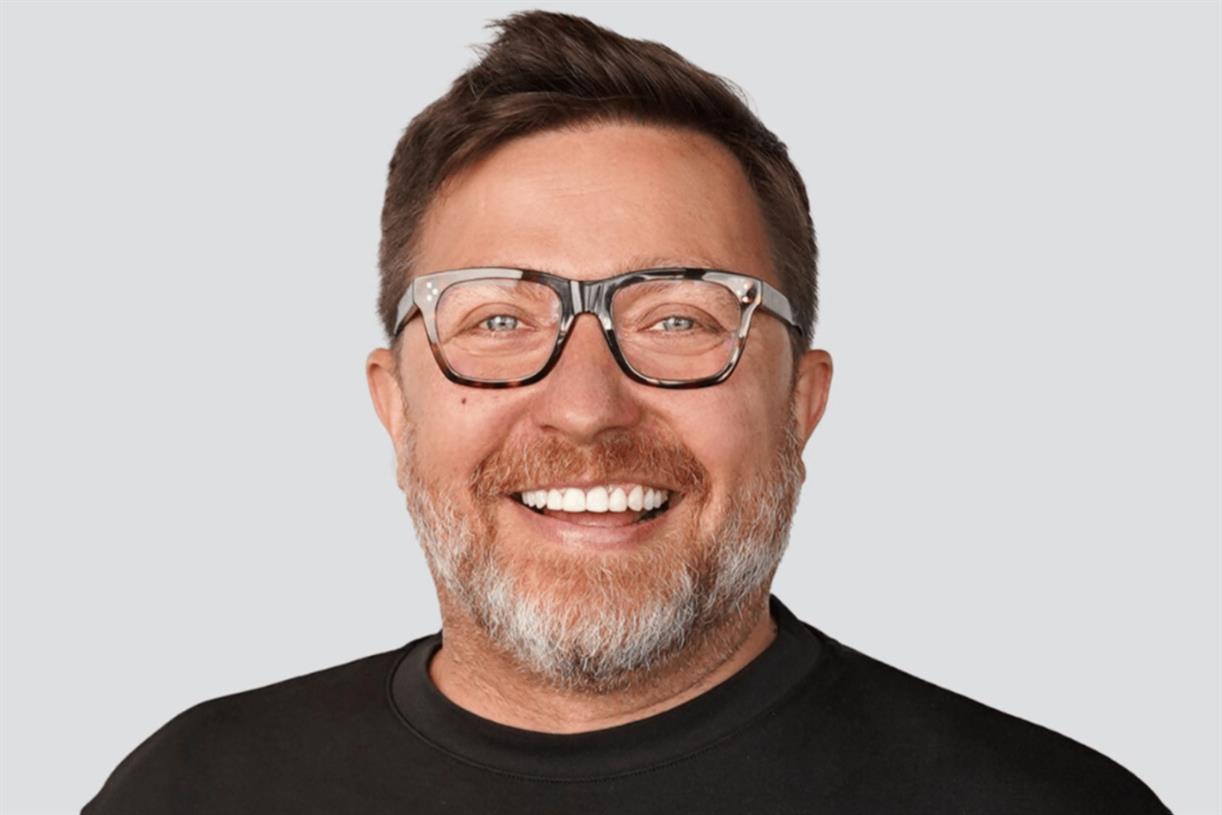
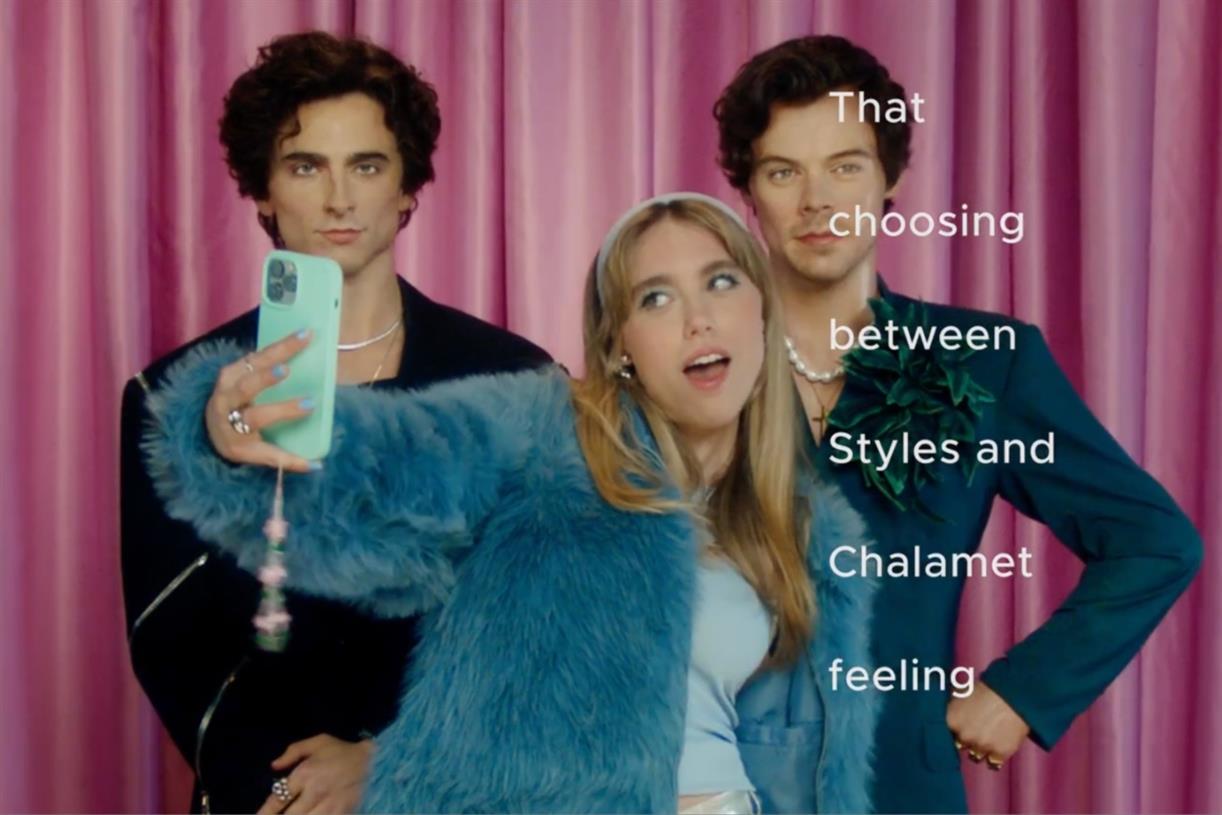














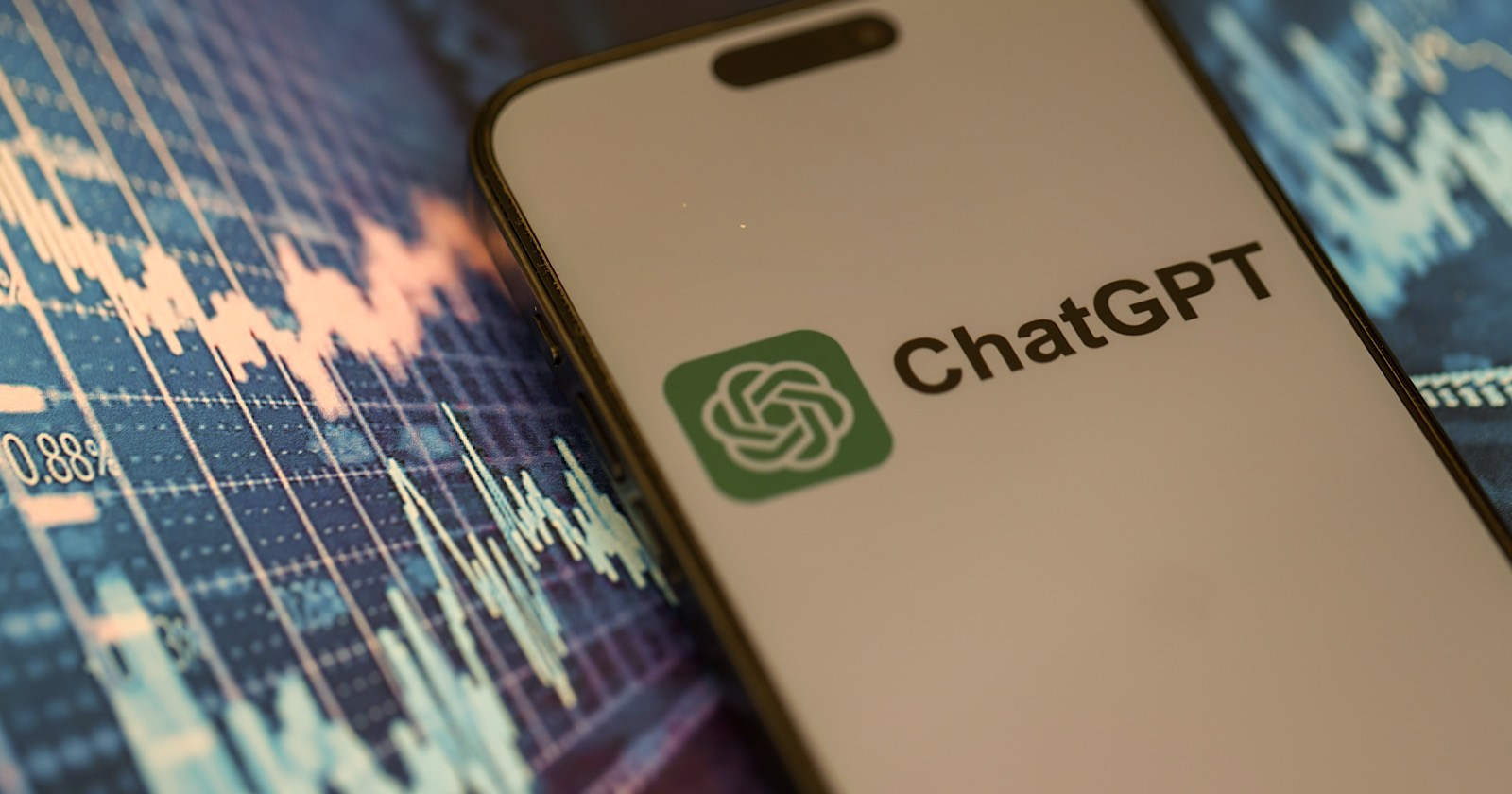
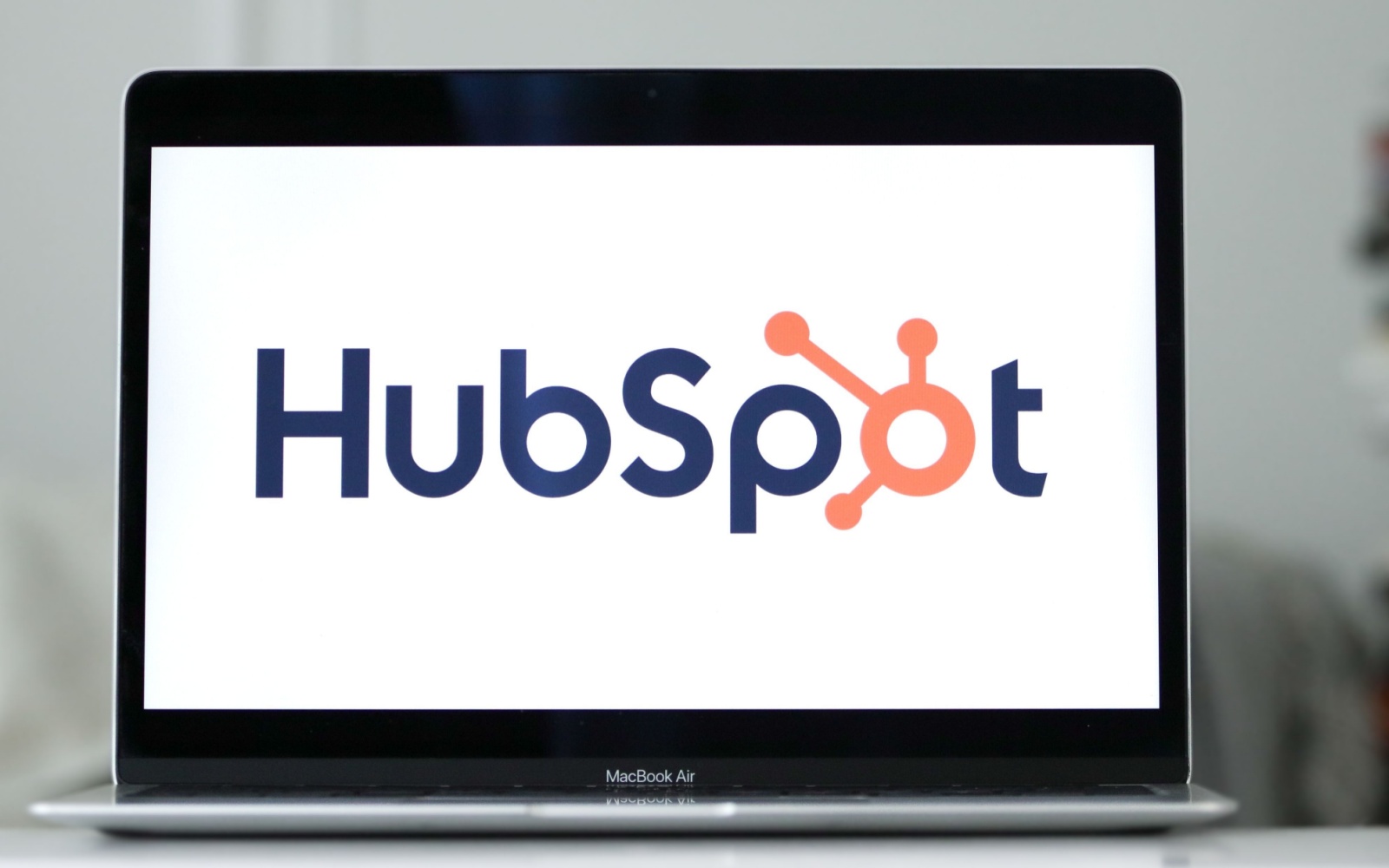
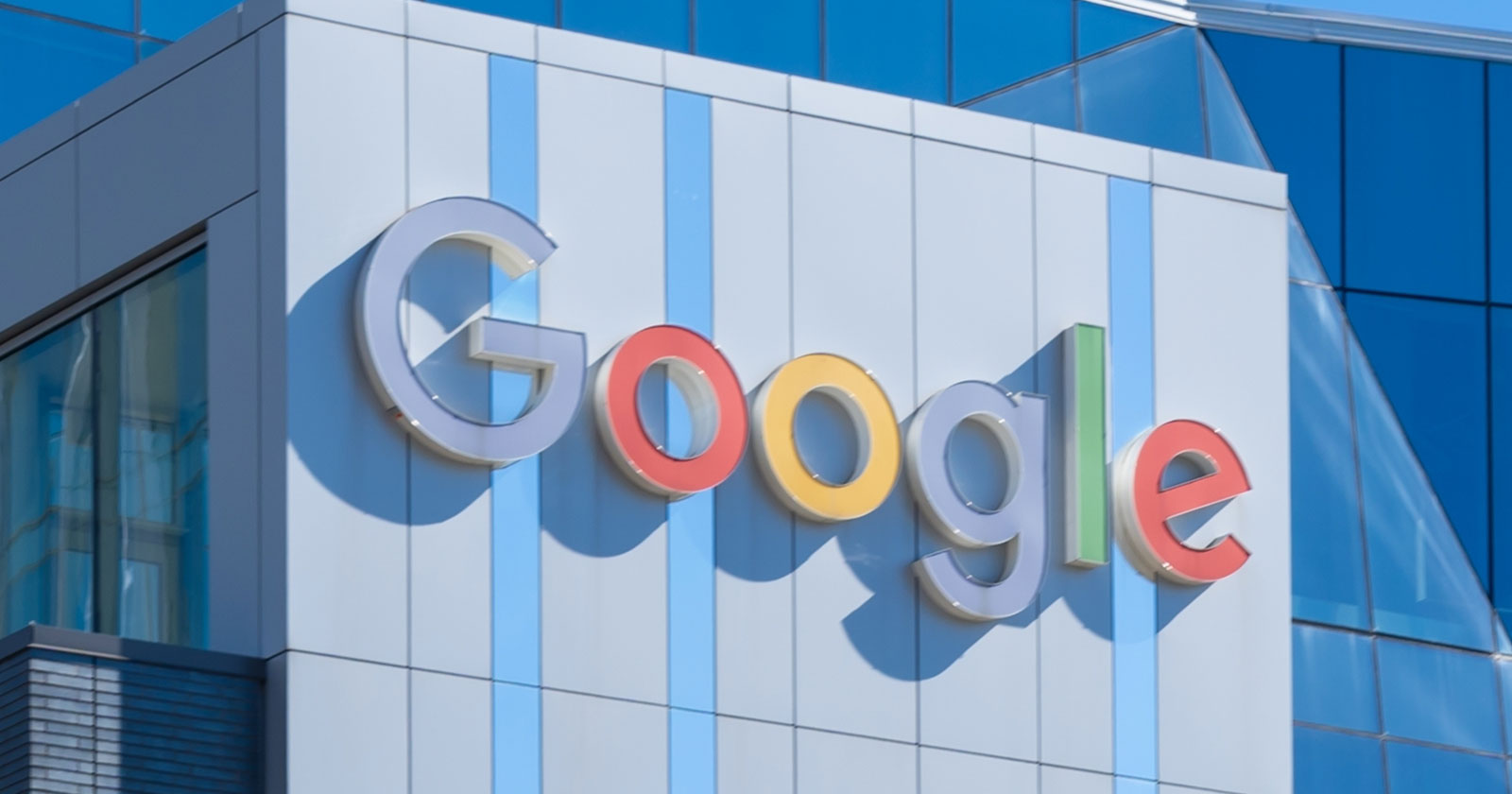


![How to Find Low-Competition Keywords with Semrush [Super Easy]](https://static.semrush.com/blog/uploads/media/73/62/7362f16fb9e460b6d58ccc09b4a048b6/how-to-find-low-competition-keywords-sm.png)








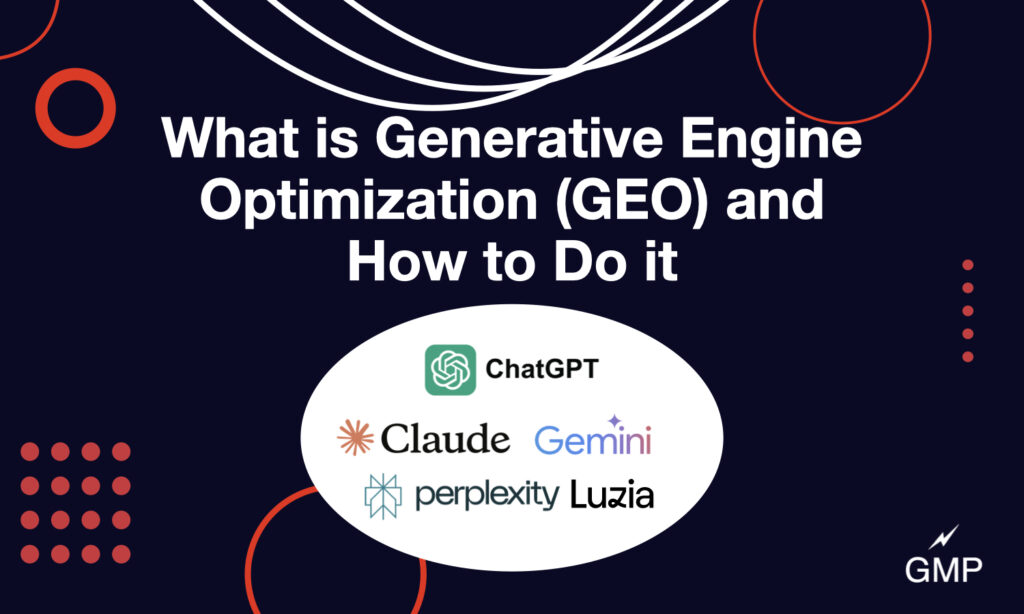



![How Marketers Are Using AI for Writing [Survey]](https://www.growandconvert.com/wp-content/uploads/2025/03/ai-for-writing-1024x682.jpg)



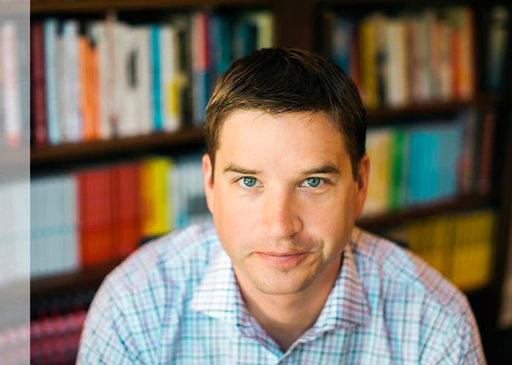
















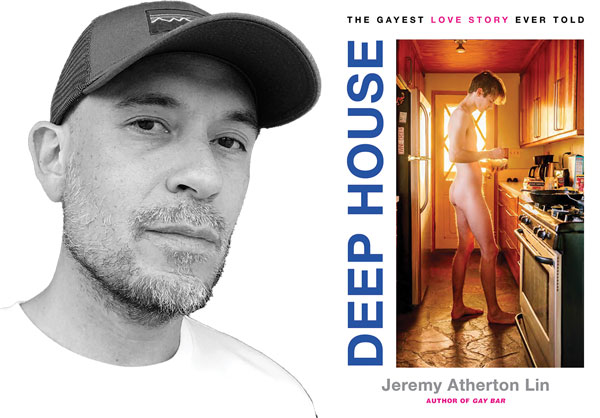
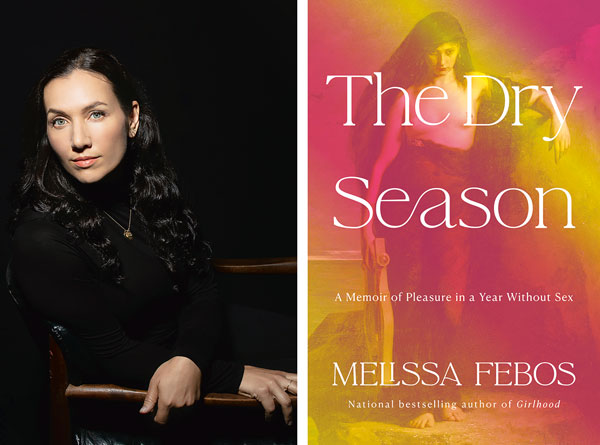
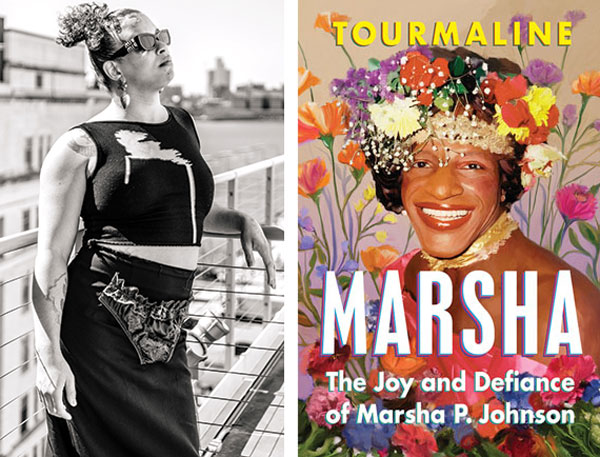














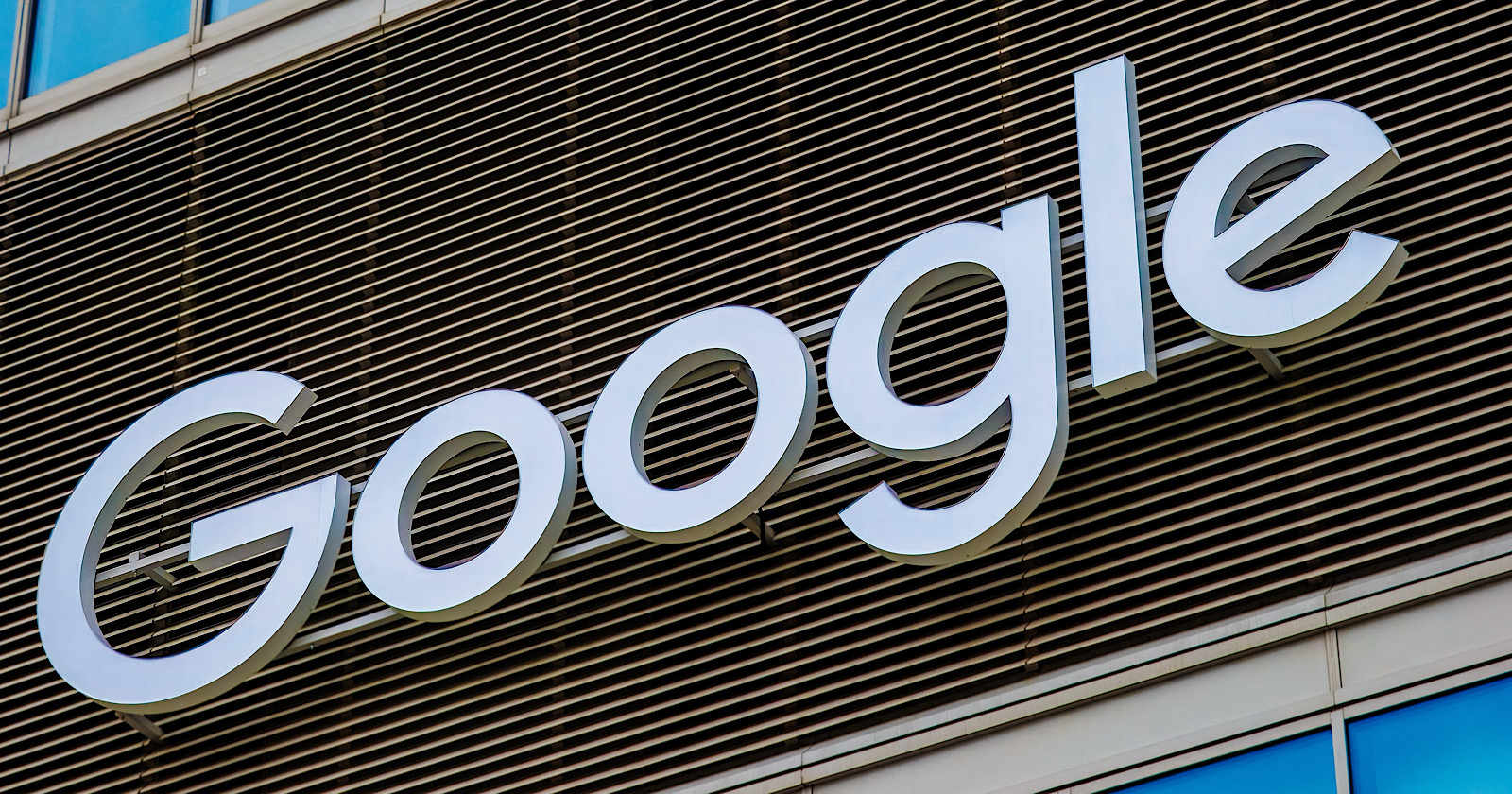

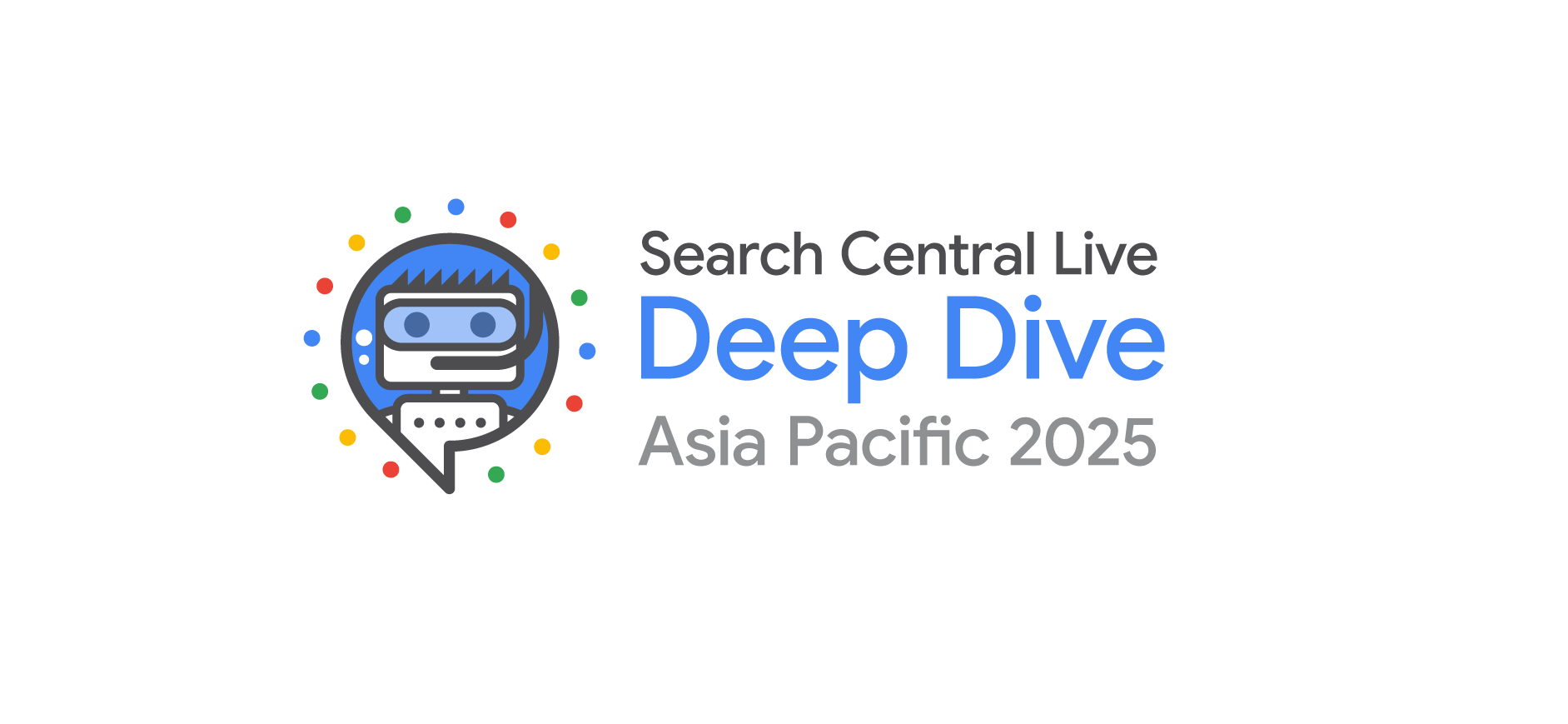









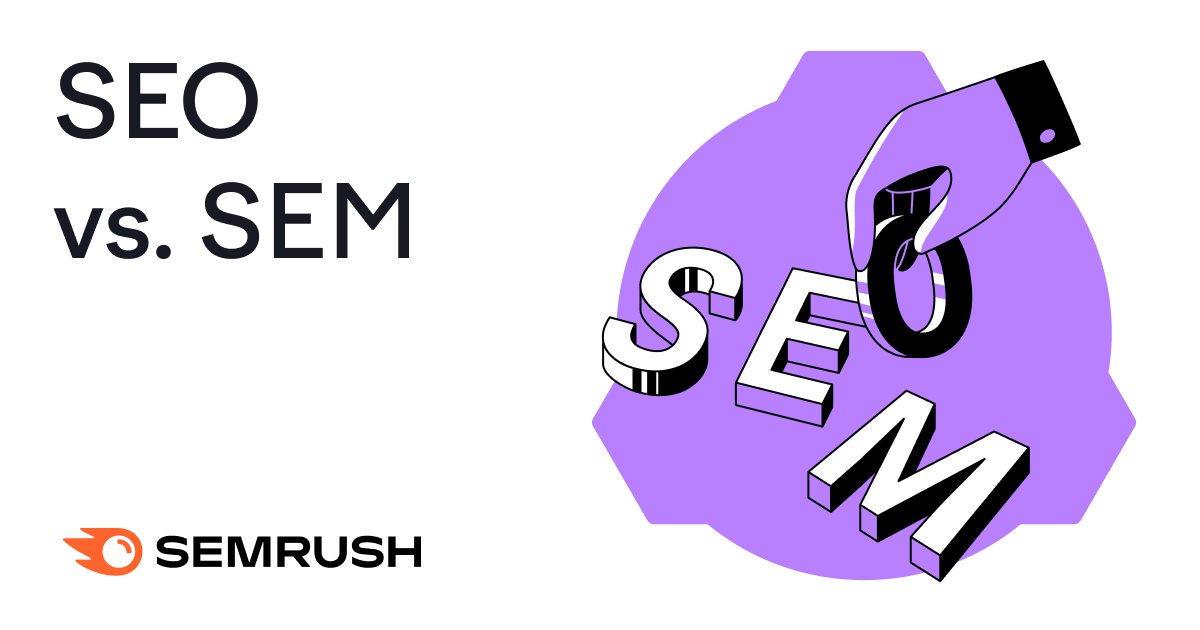
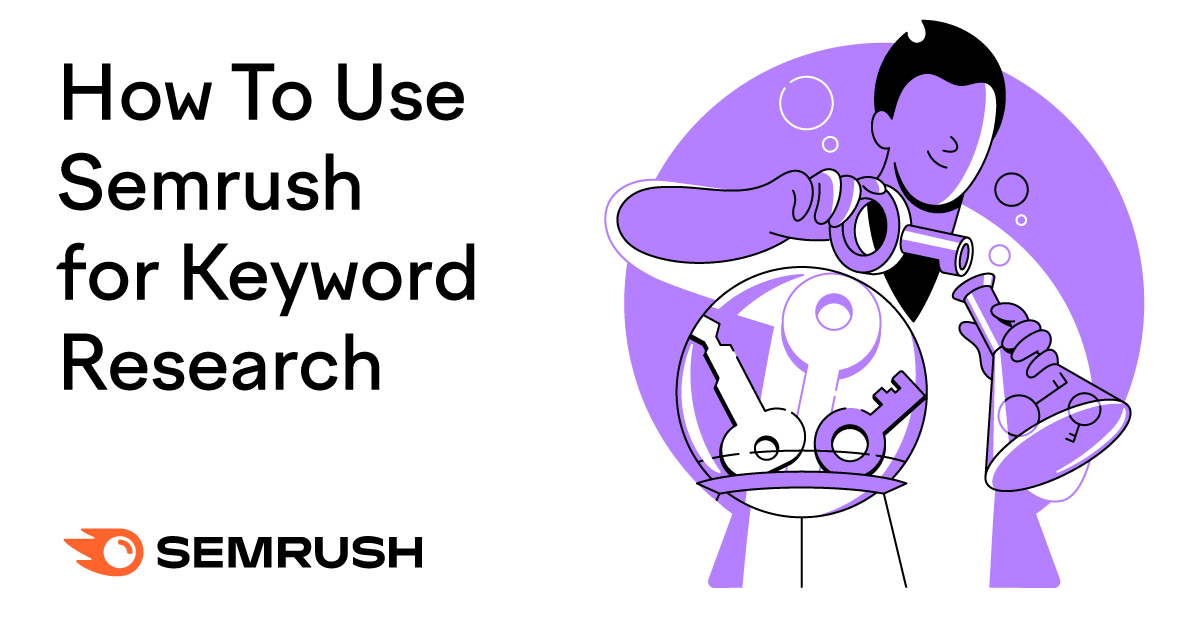
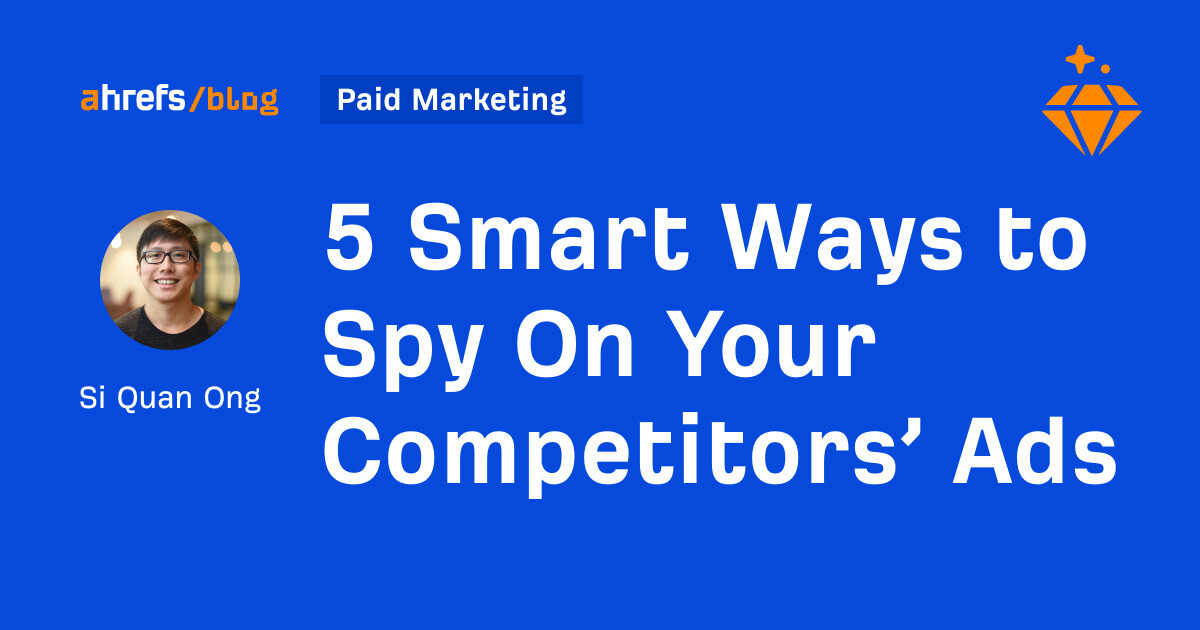
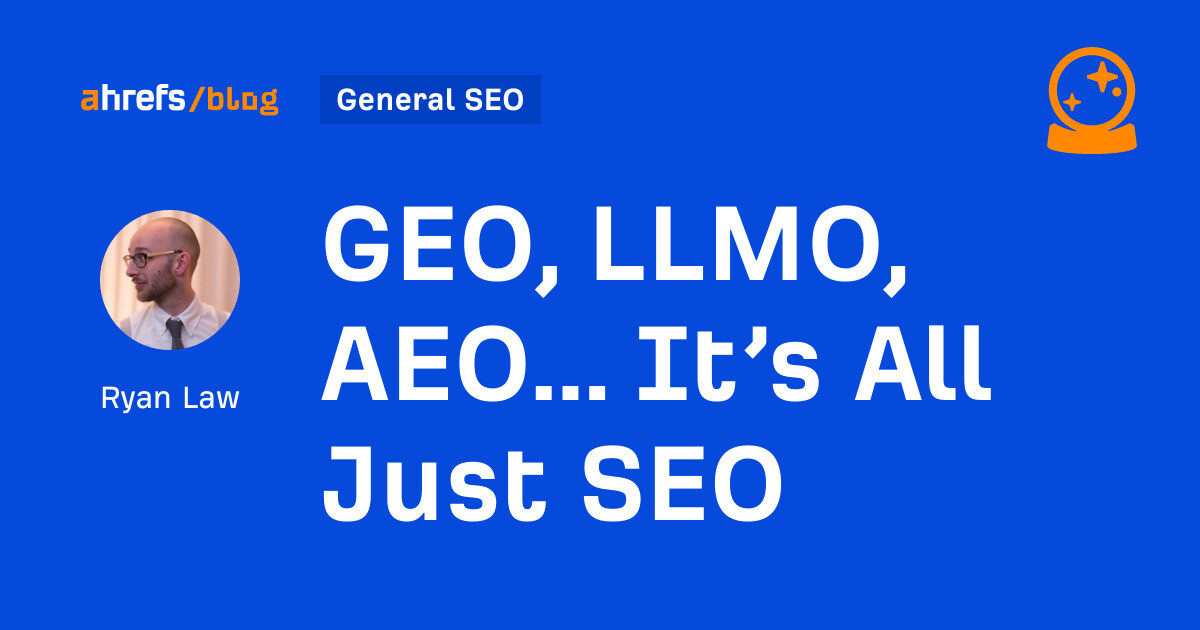
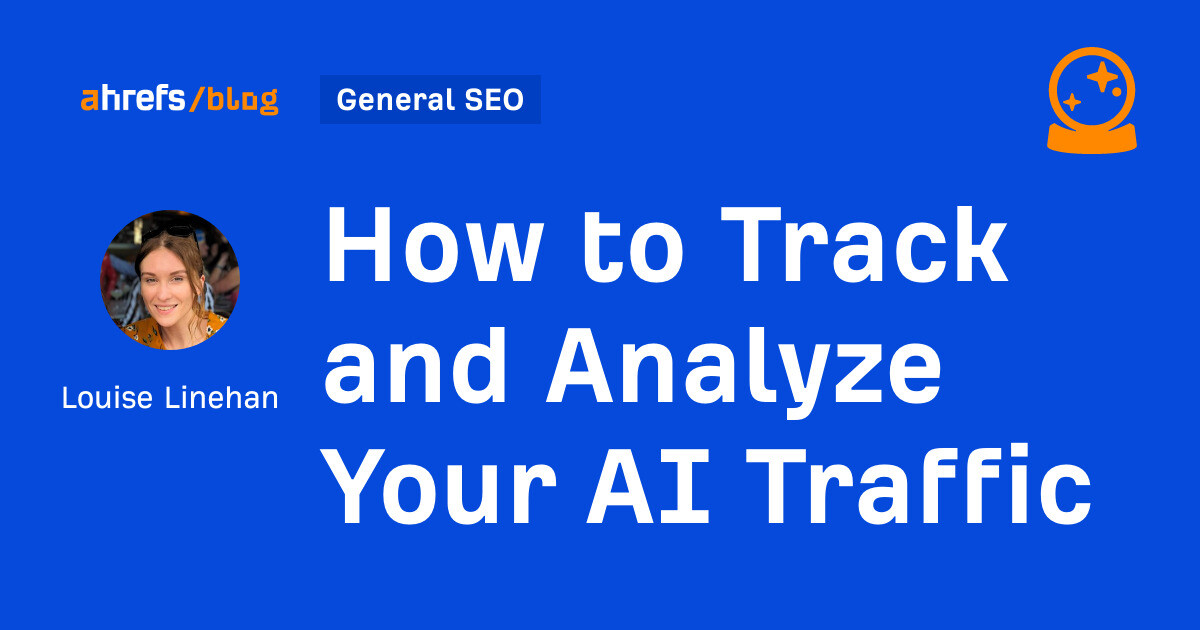
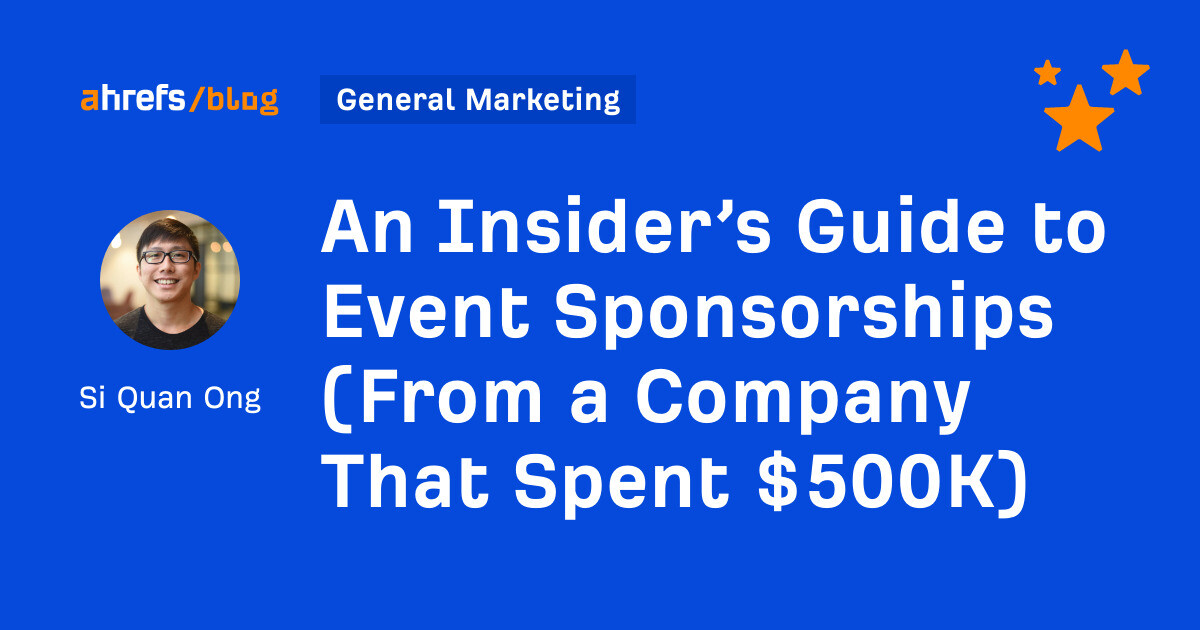

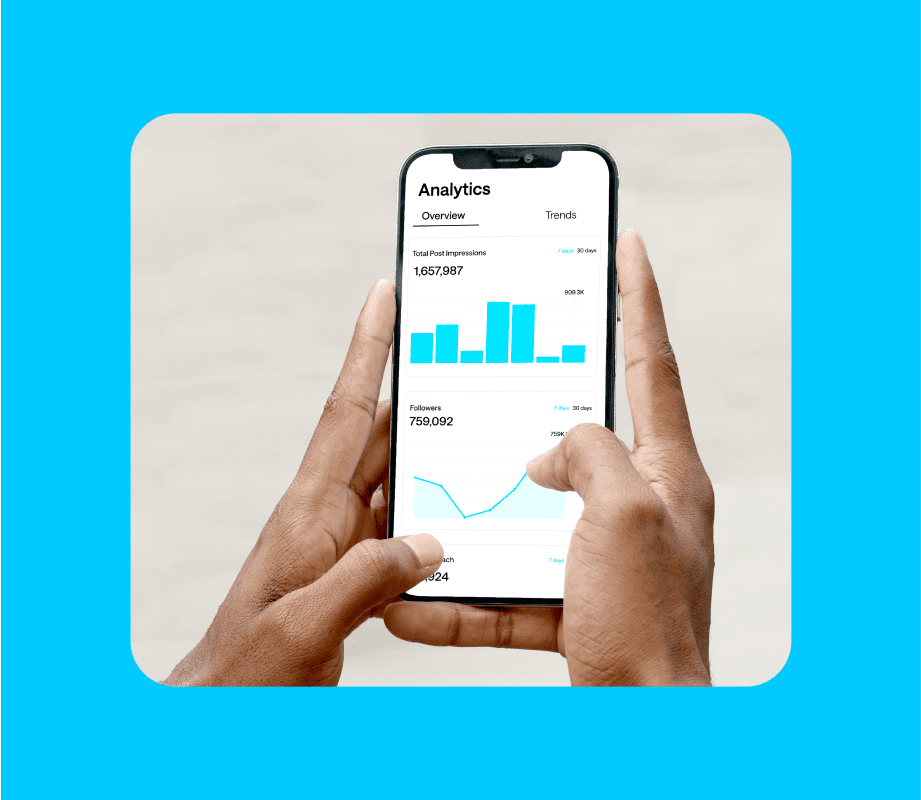
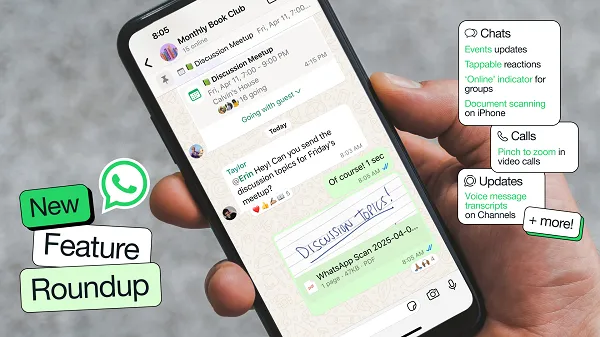
![Ecommerce Customer Journey Mapping — How to Set Potential Shoppers Up to Buy [Tips & Template]](https://www.hubspot.com/hubfs/ecommerce-Sep-13-2023-09-08-01-7144-PM.png)

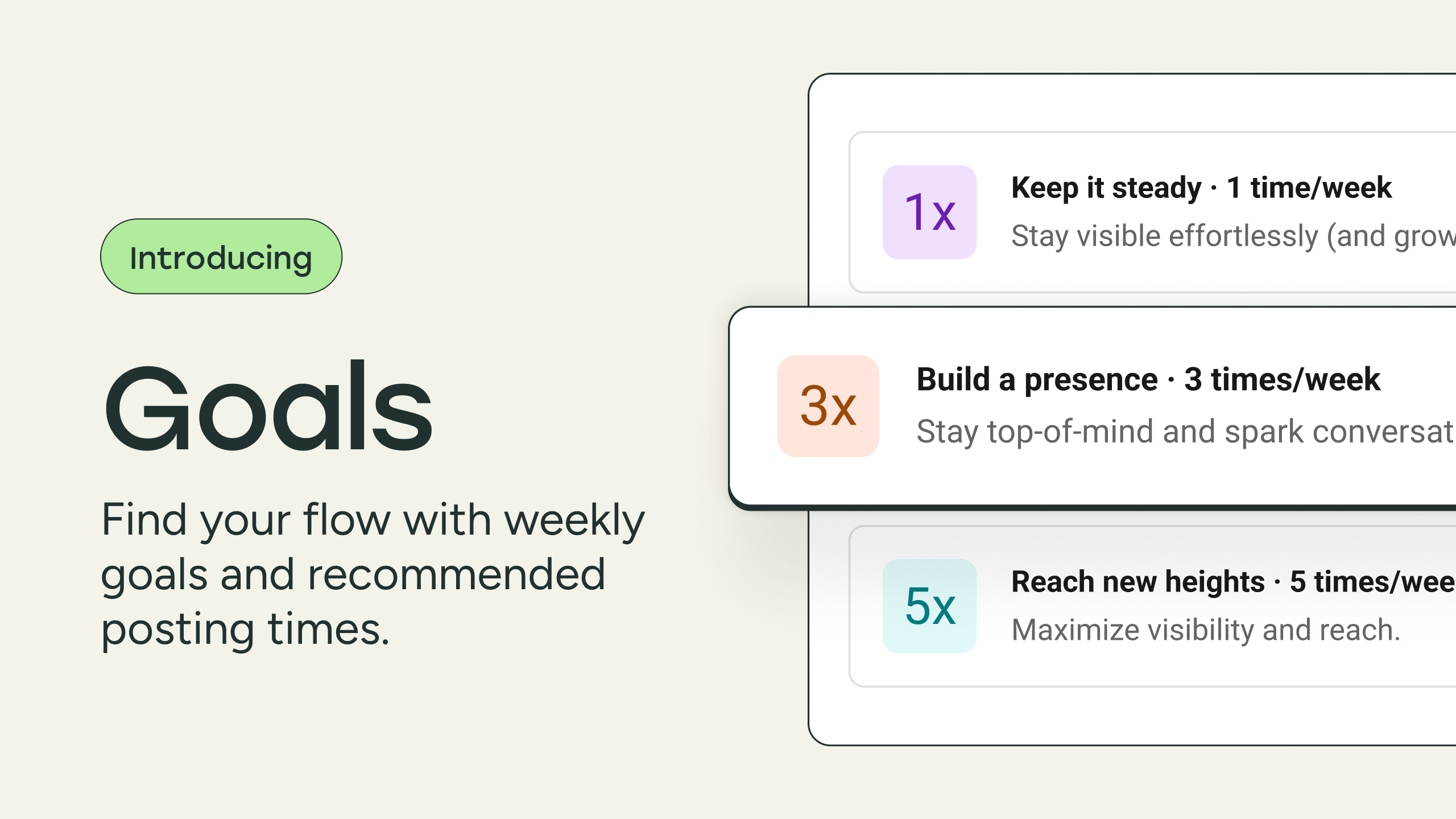

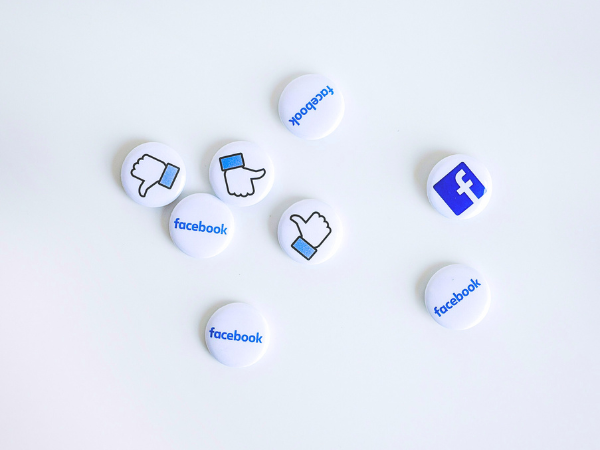










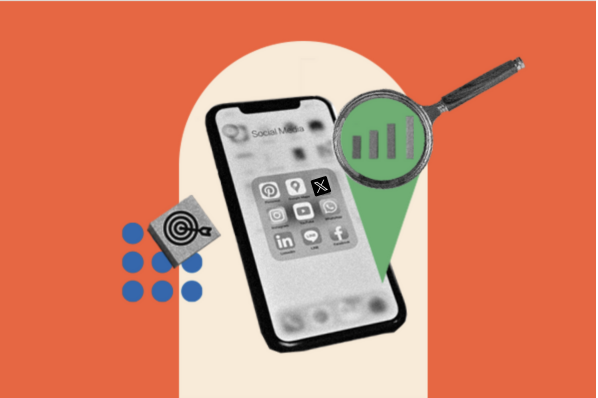
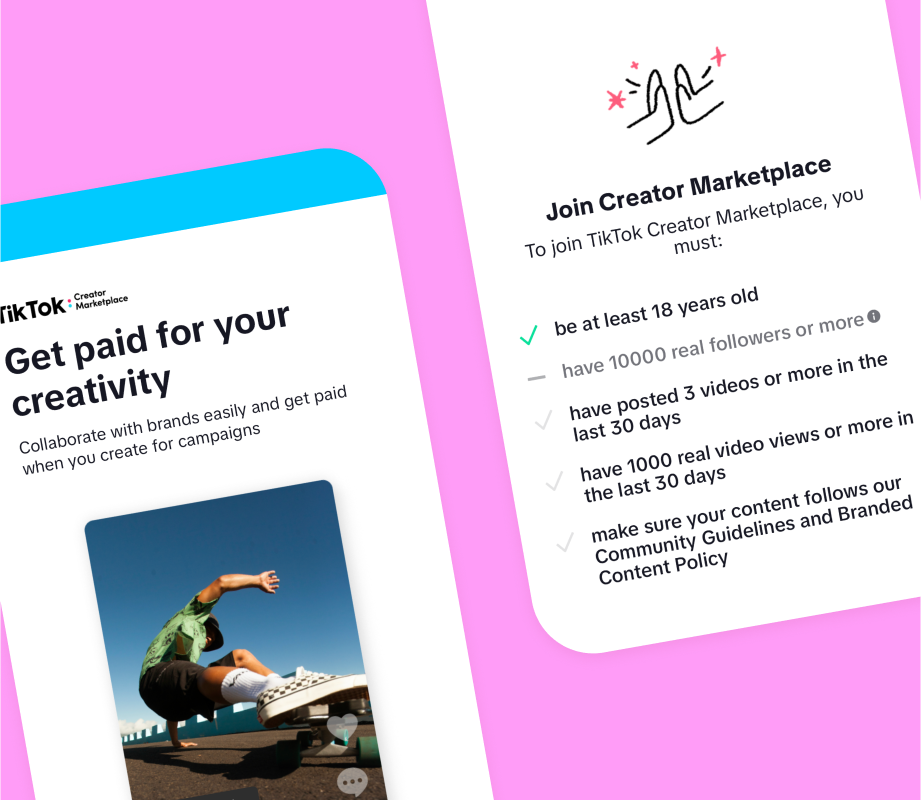

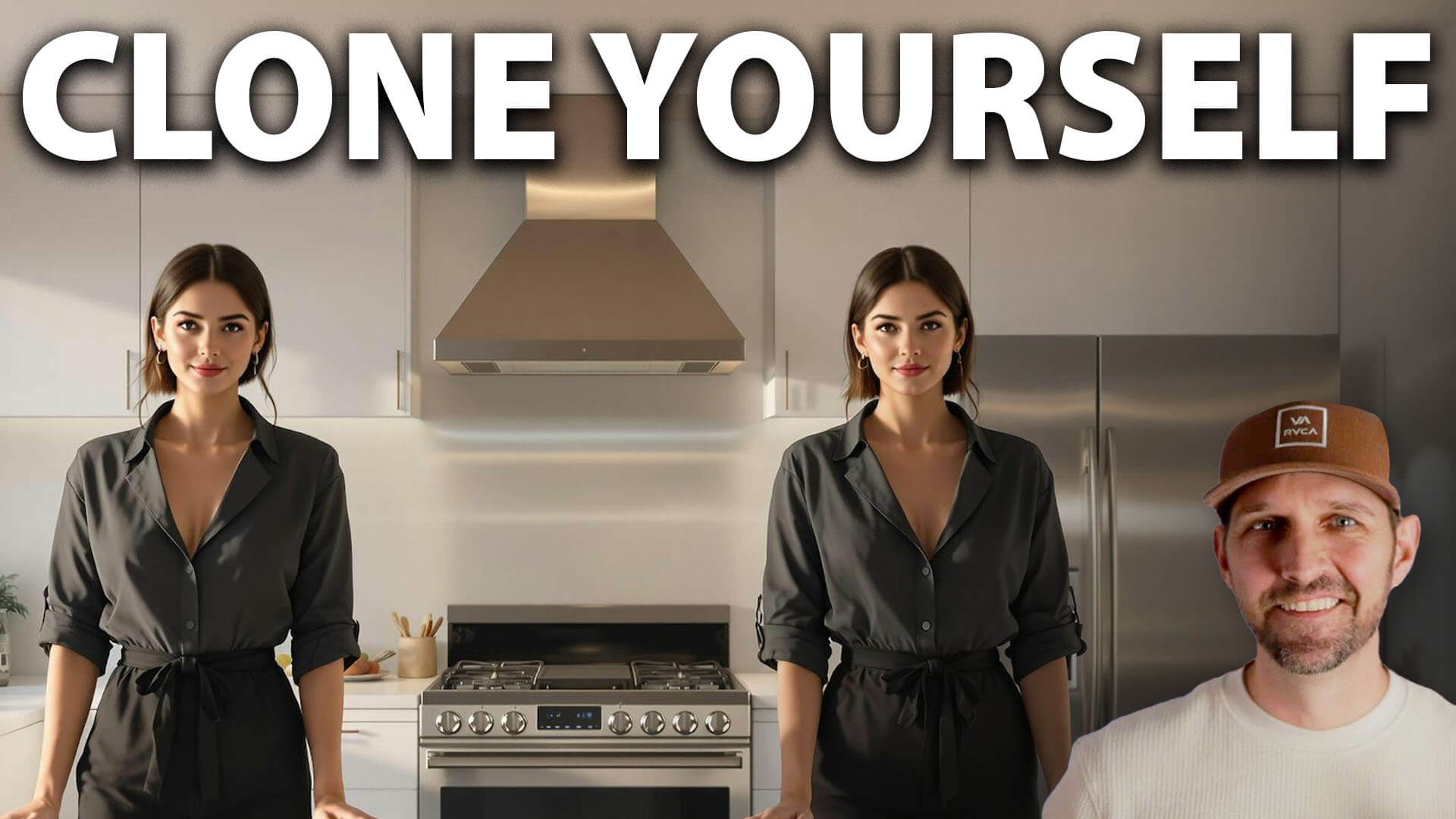

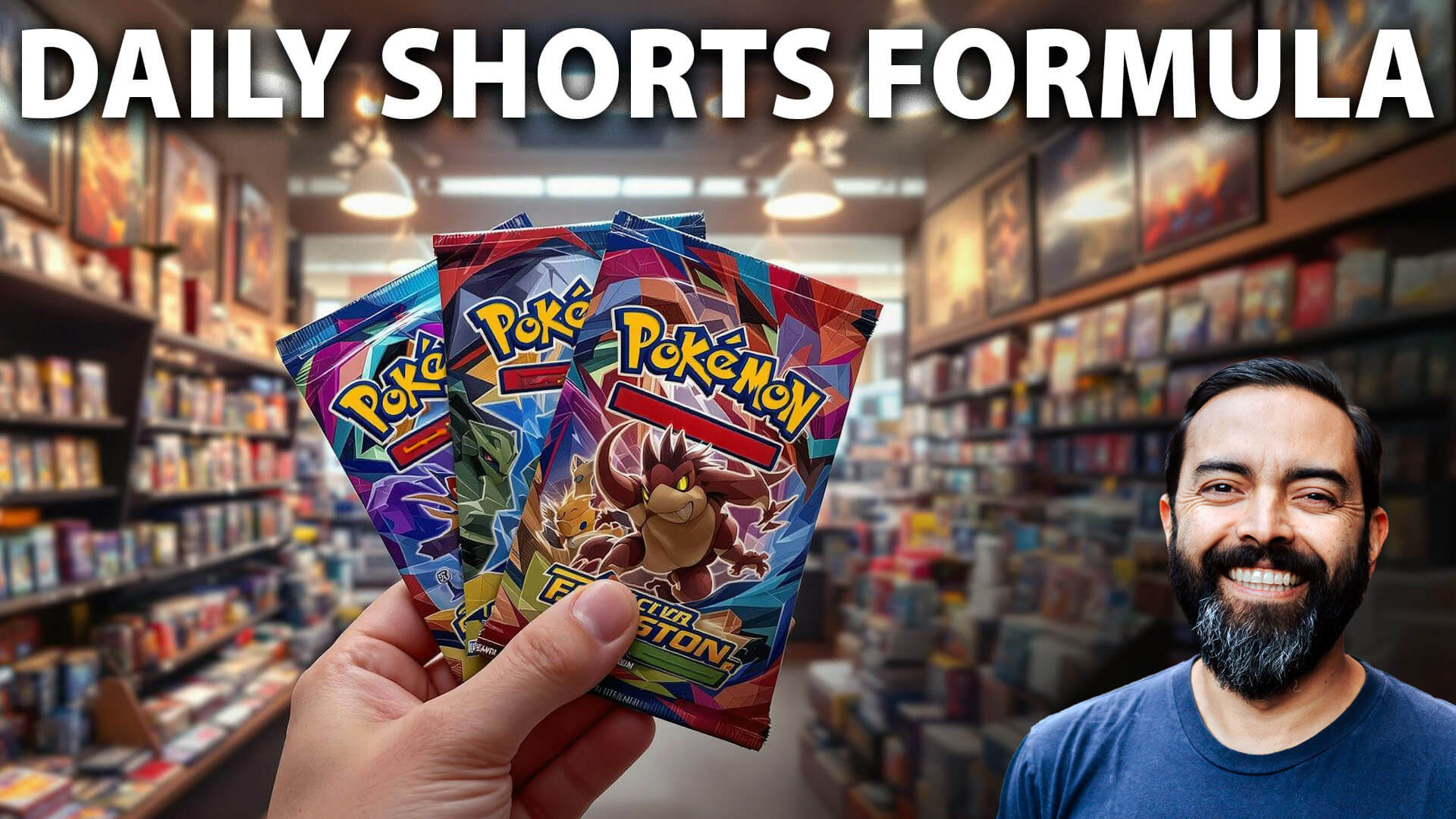
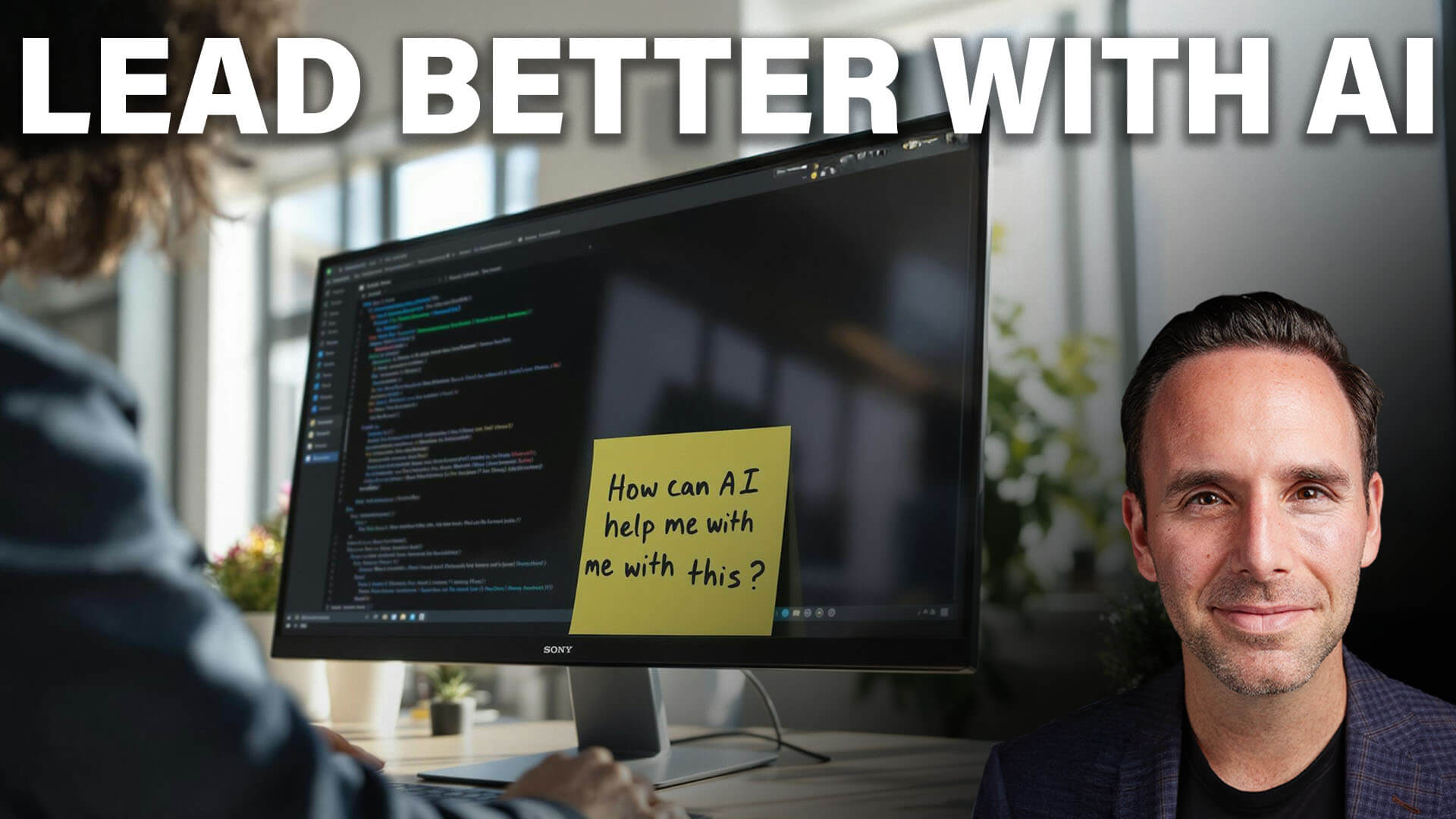



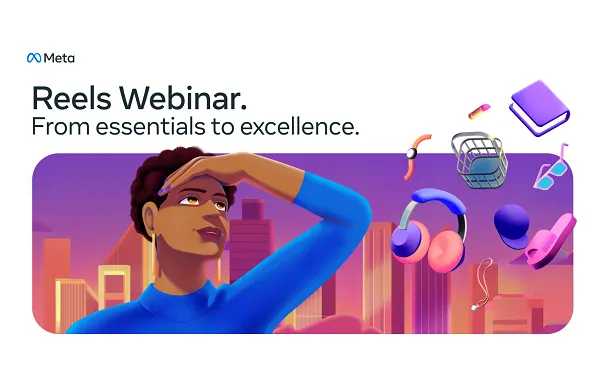
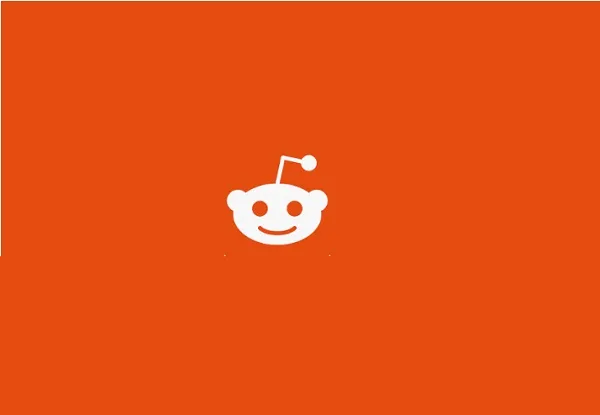







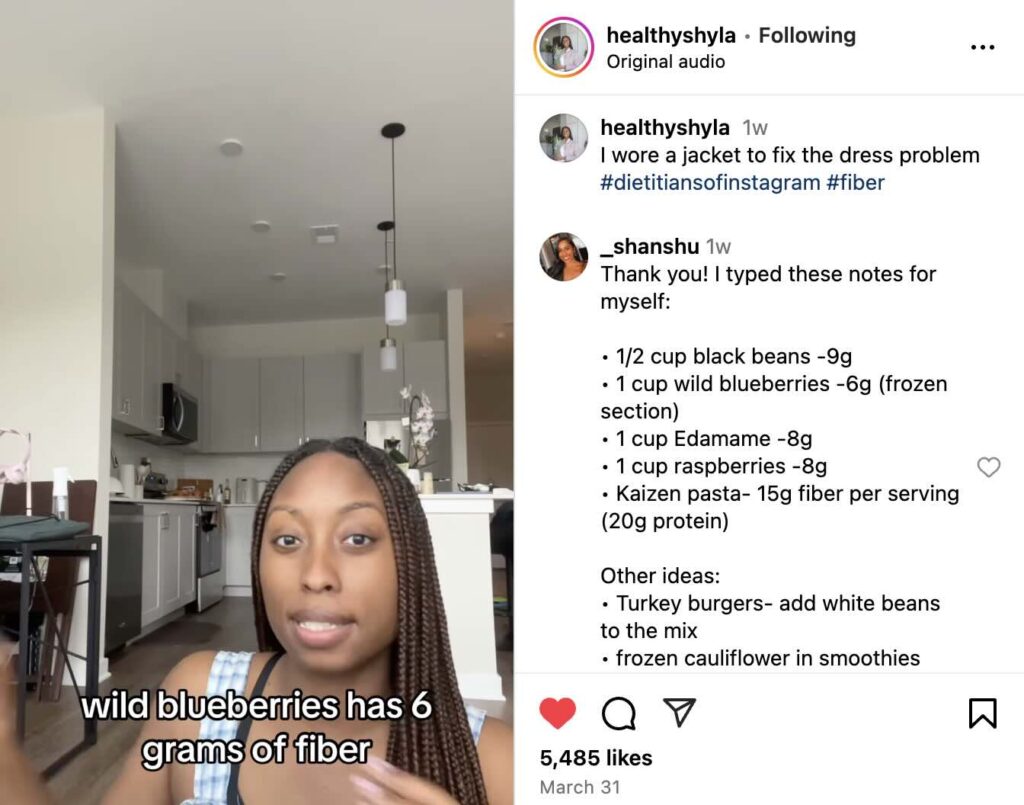


![Always Up-to-Date Guide to Social Media Video Specs [Facebook, Instagram, TikTok, X, YouTube, LinkedIn, Pinterest, Snapchat]](https://media.sproutsocial.com/uploads/2023/11/Always-up-to-date-guide-to-SM-video-specs-Final.jpg)

